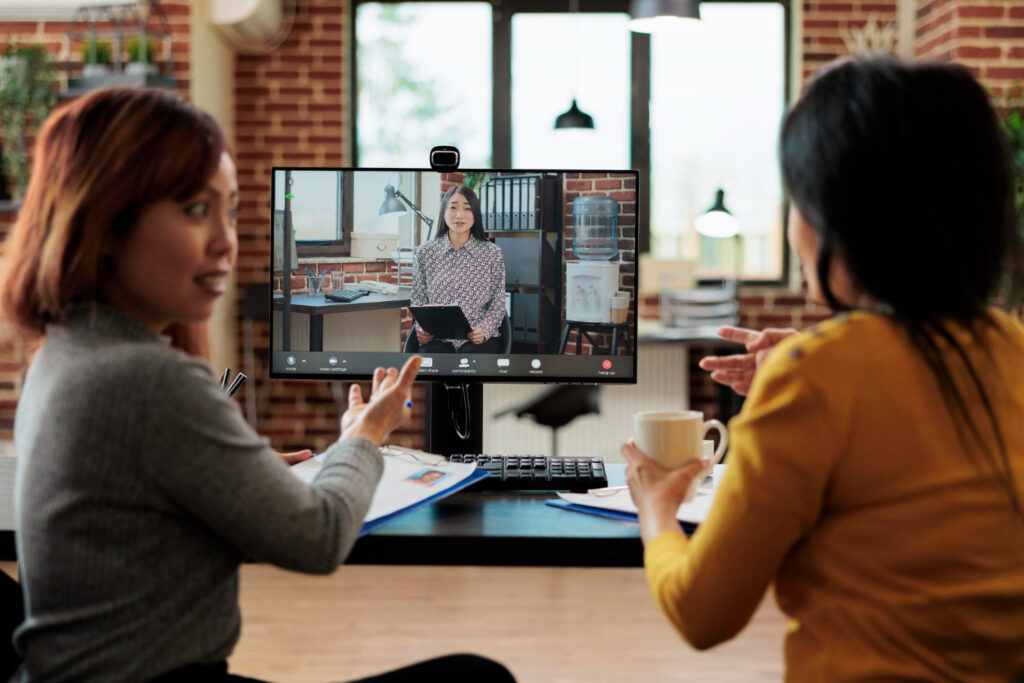Creating a great work experience is critical to a participant’s success while on their internship placement.
When a participant is empowered and provided the right tools to do the job, it not only ensures you will get the best out of them, but it also ensures your company stands out to them, during the placement experience.
There are a few ways you can ensure a positive placement experience.
Managing flexible working arrangements
Depending on the needs of your company, the placement can be delivered in person, virtually, or as a hybrid working arrangement.
Providing flexible work will enable your placement participant to voice their needs and manage their own work-life balance. Considerations include remote working, working hours, and working around life commitments. Have an upfront conversation with your placement participant to discuss ways your team can best support their needs.
Communication throughout the placement
For the first few weeks, we recommend establishing regular patterns of communication, such as morning briefings and end-of-day check-ins. This allows managers to track a placement participant’s progress and provide them with opportunities to ask for help. Encourage your placement participant to ‘over-communicate’ to provide transparency about what they are working on and how they are progressing.
Supporting participant wellbeing
Prioritising all facets of well-being (mental, physical, social and financial) is essential to facilitating an enjoyable placement experience. To ensure your placement participant has all the support they need to thrive, provide them with clear guidance around wellbeing and leave entitlements.
Share well-being tools and resources available within your organisation such as productivity tips or access to counselling services.
As with any new starter, it is important to communicate clear expectations around HR policies including workplace incidents, workplace health and safety, information security, and confidentiality procedures. Leave policies should also be communicated, so your placement participant is well-informed of your organisation’s processes should they be unwell or require time off.
Feedback conversations
It’s important throughout the placement journey to provide participants with regular feedback. This assists with their learning, development and overall confidence. It’s incredibly important to provide constructive feedback if you find your participant is lacking motivation, producing low-quality work or is unable to work well with their colleagues. Equally, it’s just as important to provide positive feedback — if your participant is performing well or tackling tasks at a high level, positive reinforcement is crucial to a participant’s confidence and enjoyment of the role. By setting up feedback sessions at regular intervals, you can ensure that performance is monitored and managed.







